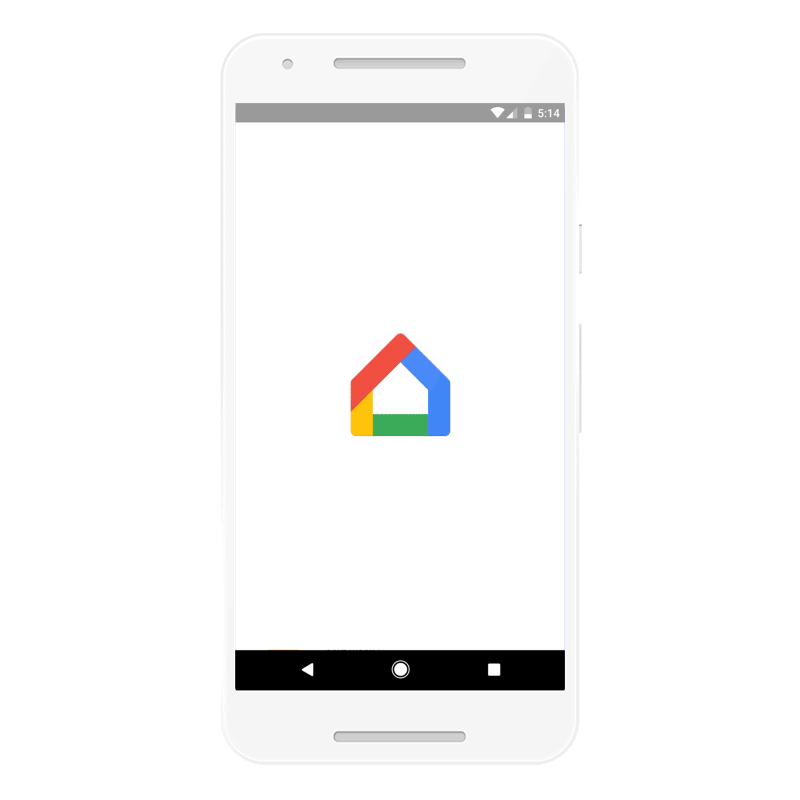Can Google Home Recognize More Than One Voice
Google's Habitation device is late to the domestic AI assistant game, but information technology can practice one trick that Alexa tin't right now: Tell family unit members apart but by their voices. Up to six people tin can link their Google accounts to one Home device, then train Google'southward Banana to recognize their voices. Once that's done, it'll be able to distinguish you from your spouse or other family members and requite you pertinent info, similar your schedule or traffic on your usual route.
As it stands, the lack of multi-user support is a nuisance. While Abode tin can even so give everyone full general information and trivia via the Cognition Graph (and more erratic "featured snippets"), it can only create appointments and do other user-specific stuff for 1 designated Google business relationship. Recently, notwithstanding, it started displaying a message saying "multiple users are supported," a clue that a modify was in the offing.

To set it up, update the Google Home app on your smartphone (iOS or Android), and so expect for a carte du jour that says "multi-user is available" -- if you don't meet it, click the top right icon to run across your connected devices, as shown in the GIF above. Once you see Google Home, just click on "link your account," and you're set up to start grooming it.
Afterwards you say "Ok Google" and "Hey Google" twice each, the AI volition store those phrases and apply them to verify your voice characteristics in the future. "This comparison takes place only in your device, in a affair of milliseconds," Google explains, to clear up any worries you may have about security or speed.
As shown in the video beneath, after a man asks virtually his 24-hour interval, Google Home lets him know that traffic is bad on his route. When his partner (who has a like voice) asks the aforementioned question, it gives him separate, account-specific data almost his schedule.
That's something Alexa can't exercise, though Amazon is reportedly working on its own multi-user feature, according to a leak from back in February. Until it gets that going, Google can finally claim some bragging rights -- but it still has a lot of catching upward to do.
All products recommended by Engadget are selected by our editorial team, independent of our parent company. Some of our stories include affiliate links. If y'all buy something through one of these links, we may earn an chapter commission.
Source: https://www.engadget.com/2017-04-20-google-home-can-now-recognize-more-than-one-person.html
Belum ada Komentar untuk "Can Google Home Recognize More Than One Voice"
Posting Komentar